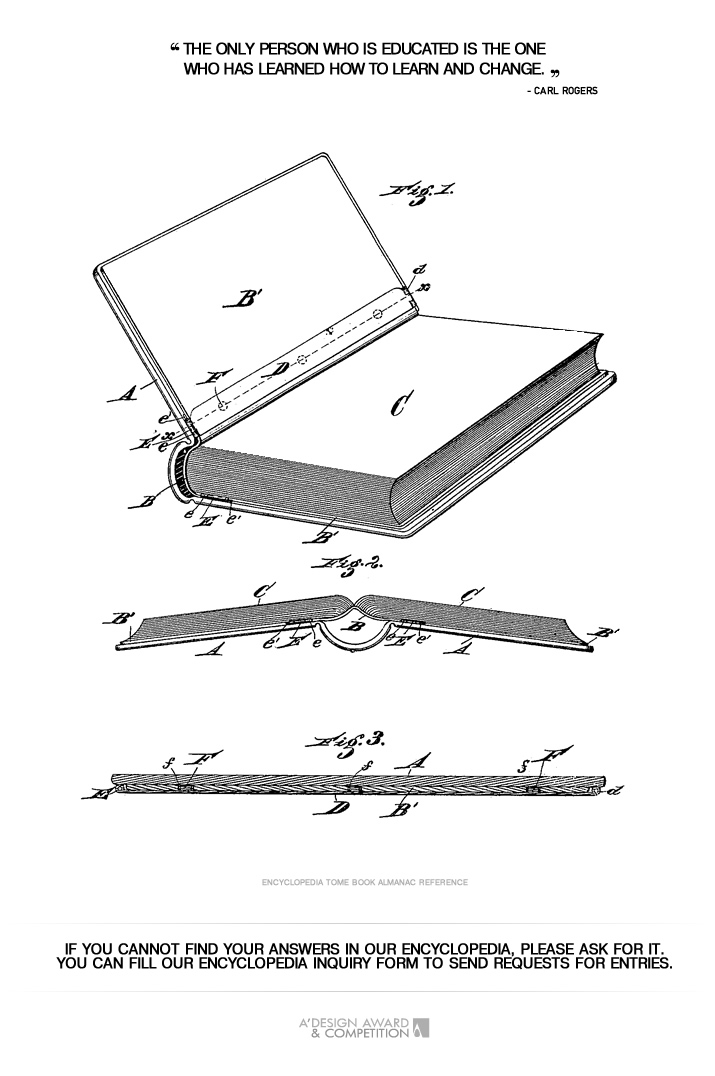
| THE AWARD |
| CATEGORIES |
| REGISTRATION |
| SUBMIT YOUR WORK |
| ENTRY INSTRUCTIONS |
| TERMS & CONDITIONS |
| PUBLICATIONS |
| DATES & FEES |
| METHODOLOGY |
| CONTACT |
| WINNERS |
| PRESS ROOM |
| GET INVOLVED |
| DESIGN PRIZE |
| DESIGN STORE |
| THE AWARD | JURY | CATEGORIES | REGISTRATION | PRESS | WINNERS | PUBLICATIONS | ENTRY INSTRUCTIONS |
Slow Care - Entry #479716 |
Home > Design Encyclopedia > 479716 |
 Slow Care
Slow Care
Slow Care is a methodological approach to design and healthcare that emphasizes deliberate, mindful, and person-centered care practices, focusing on quality interactions and sustainable well-being solutions. This design philosophy emerged as a countermovement to the rapid, efficiency-driven healthcare systems, drawing inspiration from the broader slow movement that originated in the late 20th century. The concept integrates principles of human-centered design with healthcare delivery, prioritizing meaningful connections, emotional well-being, and long-term health outcomes over quick fixes and immediate solutions. In practice, Slow Care manifests through thoughtfully designed environments, products, and services that encourage unhurried, attentive care experiences, allowing both caregivers and care recipients to engage in more meaningful interactions. The methodology encompasses various design elements, including spatial arrangements that promote calm and connection, products that support gentle and intentional care routines, and service systems that prioritize quality time over quantity of interventions. This approach has gained recognition in healthcare design circles, including acknowledgment through platforms such as the A' Design Award's Healthcare and Medical Equipment Design Category, where solutions embodying these principles are evaluated for their contribution to improving care experiences. The implementation of Slow Care principles has demonstrated positive impacts on patient recovery rates, caregiver satisfaction, and overall healthcare outcomes, while also addressing issues of burnout and compassion fatigue among healthcare professionals.
Author: Lucas Reed
Keywords: mindful healthcare, sustainable well-being, person-centered design, therapeutic environments, holistic care, healthcare innovation
 About the Design+Encyclopedia
About the Design+EncyclopediaThe Design+Encyclopedia is a crowd-sourced reference of information on design. Unlike other crowd-sourced publications on design, the Design Encyclopedia is edited and actively monitored and publishing is only possible after review of submitted texts. Furthermore, editors of the Design Encyclopedia are mostly consisting of award winning designers who have proven their expertise in their design respective fields. Information posted at design encyclopedia is copyrighted, you are not granted a right to use the text for any commercial reasons, attribution is required. If you wish to contribute to the design encyclopedia, please first register or login to A' Design Award and then start a new design encyclopedia entry.

If you did not find your answer, please feel free to check the design encyclopedia for more entries. Alternatively, you can register and type your own definition. Learn more about A' Design Award's Design+Encyclopedia.

